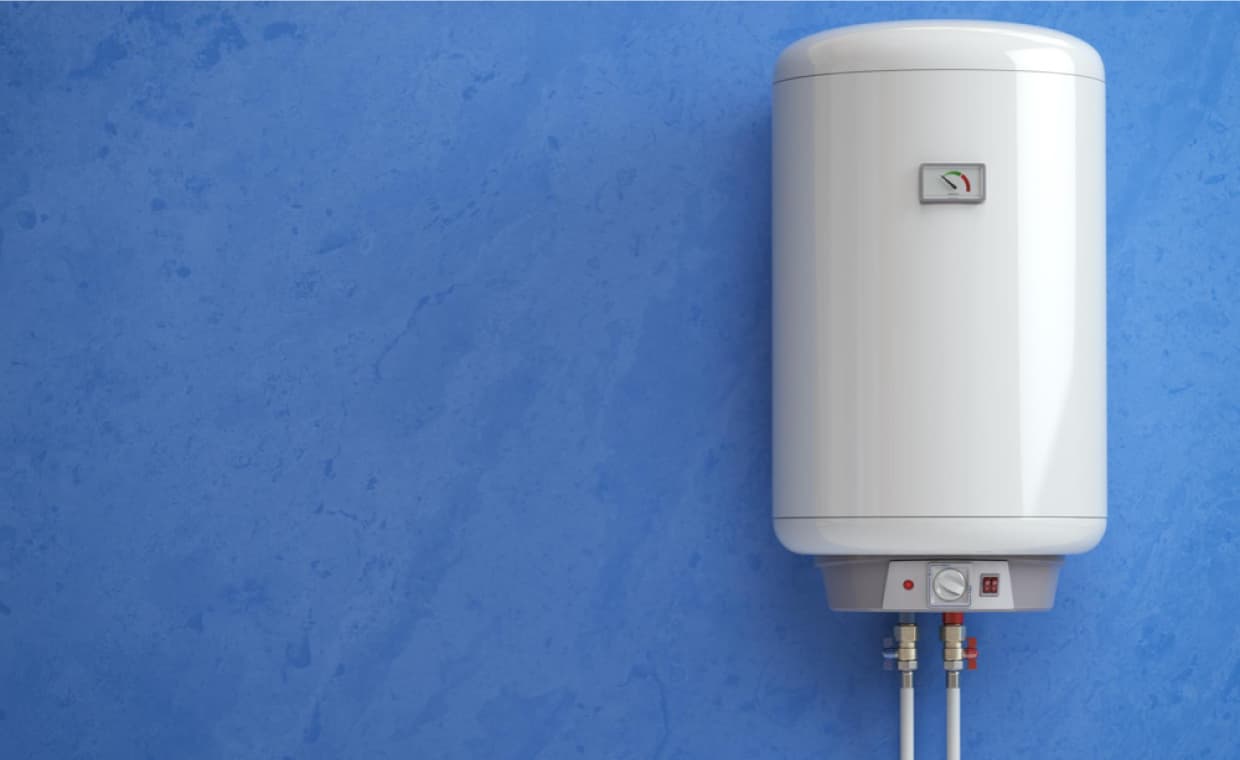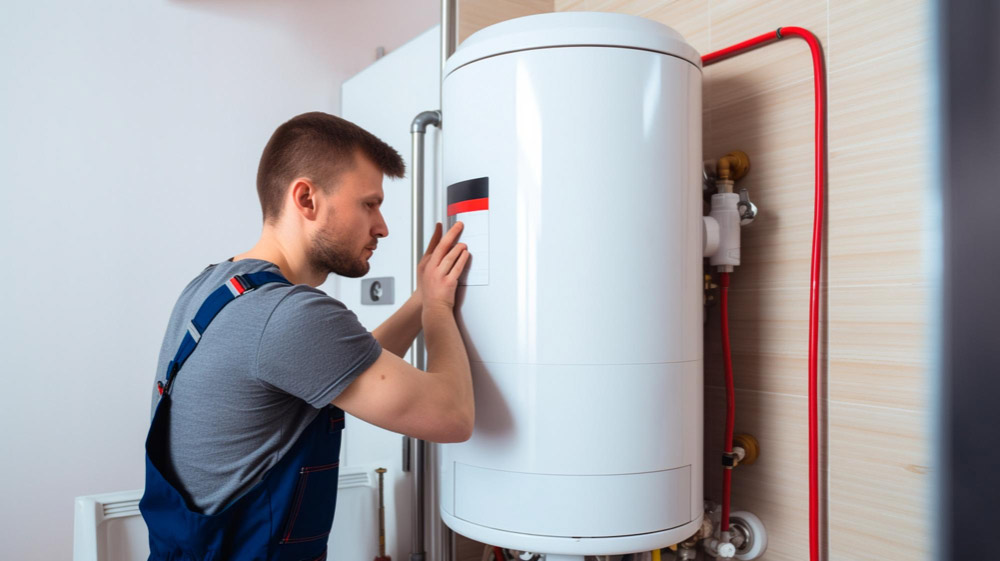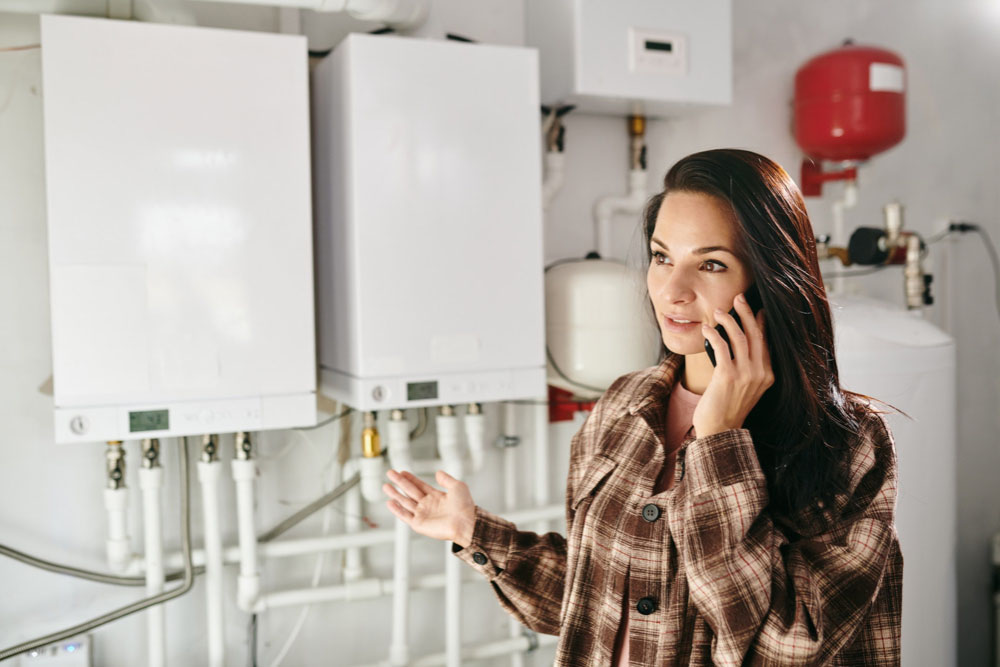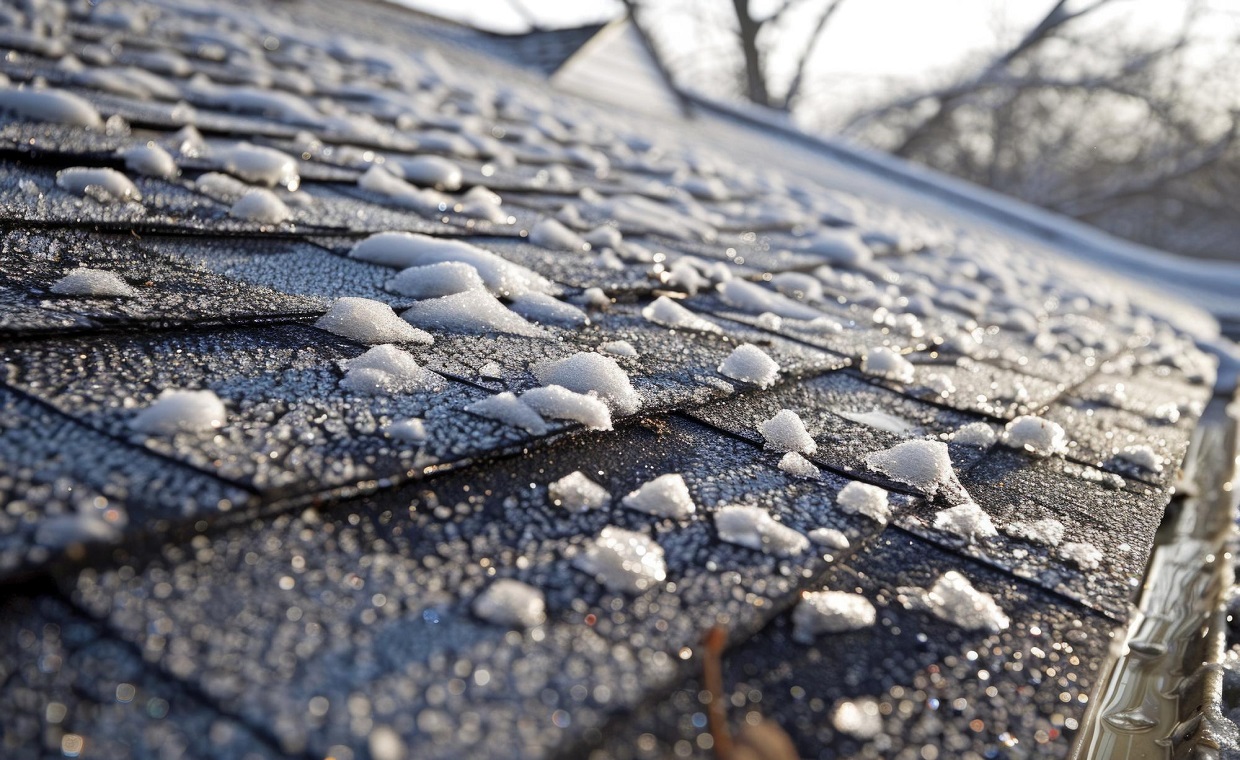
Table of Contents
Quick Summary
- Most water heaters last 8–12 years before showing functional issues.
- Signs it’s time to replace include lukewarm water, leaks, noises, or rising bills.
- Upgrading improves energy efficiency, safety, and comfort.
- Gas heaters heat up faster and cost less to run, but they require ventilation.
- Electric models are easier to install and more environmentally friendly; hybrids conserve more energy.
- Tank heaters store water; Tankless water heater models save space, cut bills, and provide endless hot water, but cost more upfront.
- Right size matters: too small runs out fast, too big wastes energy.
- Repair minor issues in vehicles under 10 years old; replace components if they are rusting or leaking.
- Smart heaters provide leak detection, remote control, and energy monitoring capabilities.
Is your water heater secretly draining your wallet or putting your home at risk? Beyond causing you to suffer cold showers, aging, noisy, or leaky water heaters can lead to high utility bills and even water damage. Is it the time to water heater upgrade? Let’s dive in.
If you’re wondering whether to seek water heater replacement in Hazlet, NJ, you’re already asking the right questions. Here, we break down what features and other factors to pay attention to before making the switch.
When It’s Time to Upgrade (And Why It Matters)

When talking about lifespan, most water heaters begin showing signs of wear around the 8- to 12-year mark. It’s the common Water heater lifespan. The nitty-gritty of it is that your current unit may be on its way out if you’re dealing with lukewarm water, strange noises, or rising energy bills.
It’s hard to deny what a water heater upgrade sooner can mean for your household. Aside from lowering monthly utility costs and having a consistent supply of hot water, you’ll also enjoy peace of mind thanks to the modern safety features.
According to a licensed plumber, “Homeowners often wait until a unit fails, but replacing it proactively prevents water damage and emergency repair bills.”
Choosing the Right Fuel Type: Gas or Electric?

Your home’s setup and energy goals should be top of mind before embarking on a water heater installation. Gas water heaters are known for quick heating and lower operating costs. Electric units, in contrast, are easier to install and ideal for homes without natural gas access.
Consider the following before water heater upgrade:
- Gas: Heats water faster and is typically cheaper to run, but needs ventilation.
- Electric: Safer and cleaner to install. Pairs well with solar setups.
- Hybrid or Heat Pump Models: Extremely efficient but higher upfront cost.
Still unsure what to buy? A plumber can assess your home’s layout and energy usage to help you decide.
Tank vs. Tankless: Which System Fits Your Life?

If you have decided on a water heater upgrade think about tank or tankless? Traditional tanks or Tankless water heater models are your two main options. Tank models store and heat a set amount of water. Tankless systems heat water on demand and don’t run out unless your demand exceeds the flow rate.
A tankless model can:
- Save space in small homes
- Reduce energy bills by 25–35%
- Provide unlimited hot water for long showers
One caveat of investing in tankless water heater models is that they cost more upfront. Homeowners with multiple bathrooms or large families should weigh this carefully before switching.
Size Matters: Get the Right Capacity

A water heater that’s too small will constantly run out of hot water. Too big, and you’re wasting energy heating unused water. Don’t waste your money. Always consult a professional before the water heater upgrade. It’s vital to calculate your peak demand and choose a model that fits.
Here’s a Rough Guide Based on Household Size:
- 1–2 people: 30–40-gallon Tank
- 3–4 people: 40–50 gallons Tank
- 5+ people: 50–80 gallons or consider tankless
Should You Repair or Replace?
Water heater repair vs replaces is a vital dilemma. When a water heater upgrade is a necessity? If your water heater is under 10 years old and only has minor issues, like a broken thermostat or faulty valve, it might be worth repairing. However, once a tank starts rusting or leaking, replacement is the safer bet.
Key signs it’s time to replace:
- Rusty water
- Loud popping or rumbling sounds
- Visible leaks or pooled water near the base
- Repeated breakdowns or inconsistent heating
“Once corrosion starts, no amount of patchwork will make it reliable again,” says a home appliance technician.
Safety First: Warning Signs You Shouldn’t Ignore
Water heaters can pose serious risks when they begin to fail. Don’t ignore these red flags like leaks in your pressure relief valve, a rotten egg smell, water that is too hot or inconsistent, or sizzling or boiling sounds.
These are signs of pressure buildup or sediment overload. Both can lead to burst tanks or even explosions in rare cases. Always shut off your water heater and call a plumber if you notice any of these.
Go Smart: Are Wi-Fi Water Heaters Worth It?
Water heaters with smart features should not be overlooked. Smart water heater models with these following features let you adjust settings remotely, monitor energy use, and detect leaks early. Many also include learning features in the smart water heater models that adapt to your usage habits.
Features to look for:
- Leak detection with auto shutoff
- Energy usage tracking
- Scheduling and remote temperature control
- Integration with smart home systems
While smart units cost more upfront, the long-term savings and peace of mind can make it worth the investment, especially for tech-forward homeowners.
Summing Up
Waiting until your water heater fails is like ignoring a check engine light. Sooner or later, your unit will break down at the worst possible time. If you value your comfort, a water heater upgrade can save your time, peace, and hassle. Contact a local provider of water heater replacement services and compare your options.
Also Read: Best Water Heater-How to Choose as per the Need of Your Home?
FAQs on Upgrading My Water Heater
1. How Long Does a Water Heater Usually Last?
A water heater usually lasts between 8 and 12 years. Lifespan depends on maintenance, water quality, and usage. Older units often show leaks, noises, or efficiency problems.
2. Should I Go for A Gas or An Electric Water Heater?
Gas heaters heat water faster and cost less to run, but need ventilation. Electric models are easier, cleaner, and ideal for homes without gas.
3. What is the Premium Difference Between a Tank and A Tankless Water Heater?
Tank heaters store hot water and are an affordable option. Tankless units heat water on demand, save space, reduce bills, and provide an endless supply of hot water, but their upfront cost is higher.
4. When Should I Replace My Water Heater Instead of Repairing It?
Replace when rust, leaks, or repeated breakdowns occur. Minor thermostat or valve issues can be repaired if these gadgets are under 10 years old; however, if there is corrosion, it’s high time for replacement.






























